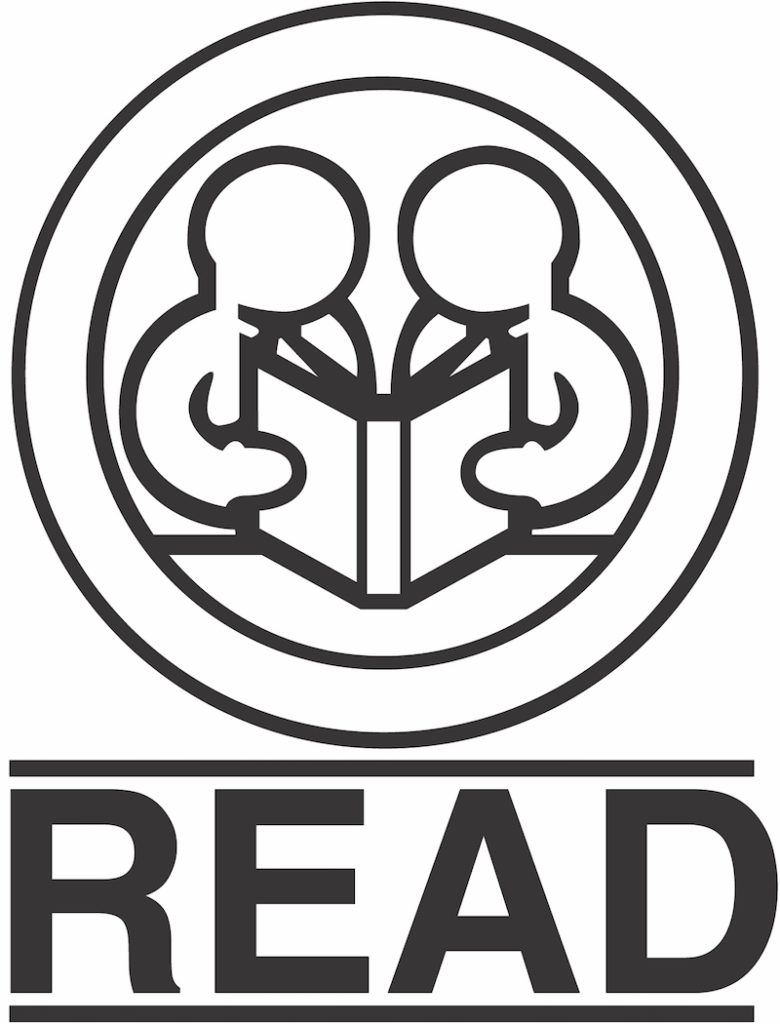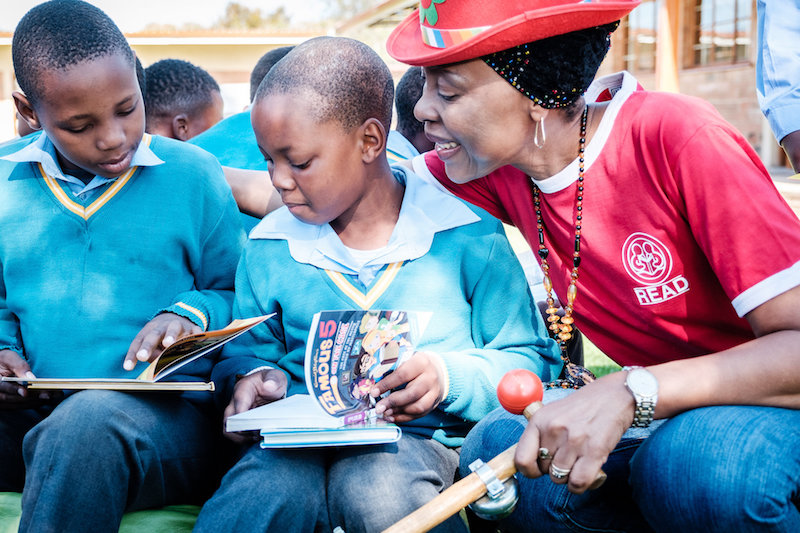With June being Youth Month, READ Educational Trust encourages all South Africans not to turn the page on our children’s fundamental freedom to learn and access to reading and literacy.

For READ Educational Trust, a non-profit organisation that has spent nearly four decades promoting literacy among the poorest of the poor, this month is all about sharing in the love and value of books and empowering Early Childhood Development (ECD) caregivers with the tools required to teach little ones how to read with confidence. 1

Children who have never been exposed to the magic of books might perceive reading as boring, mundane, and futile. They don’t realise the beautiful impact that reading has on their brains, lifestyle, and future. READ is determined to change that.
While you can’t judge a book by its cover, you can play a tangible role in shaping a child’s success by teaching them how to read and, in turn, cultivating a deep love for literature and books. And this starts at grassroots.
Learning to decipher the code of how we use symbols to represent spoken language is a big part of why children go to school. They learn the distinctions between “b” and “d,” or “p” and “q.” They read about pirates, pigs, and pixies, as well as earthquakes and igloos, as they advance from letters and syllables to words and sentences. The possibilities are endless once children have “cracked the code”. This is the delight of being initiated into the world of literacy.2

As famed children author, Dr. Seuss so simply put it, “The more that you read, the more things you will know. The more that you learn, the more places you’ll go.”
Whether you were a fan of Alexander And The Terrible, Frog And Toad Are Friends, or Fantastic Mr. Fox, when you were a child, there’s no doubt that your favourite book helped to shape your creativity and imagination in some form or another. Books open doors into dreams of a world without limitations, and those dreams can inspire action to change the world as it is.
Aside from magic in the act of reading itself, benefits of early reading habits for children include :3
- Supported cognitive development
- Improved language skills
- Preparation for academic success
- Increased concentration and discipline
- Improved imagination and creativity
- Cultivating a lifelong love of reading
While one would think that being able to read and write in today’s modern world is little more than being able to breathe, this is sadly far from the truth.
More than half (58%) of South African children do not learn to read fluently and with comprehension in any language by the end of grade four, according to nationally representative surveys. A staggering 29% are completely illiterate.4
READ has successfully addressed some of these issues over the years, thanks to the implementation of ECD Programmes that assist caregivers, educators, and principals of ECD Centres in overcoming our country’s challenges. READ also provides practical training, hands-on support, and valuable resources that have been highly effective.
The need, however, is both dire and vast. It takes time, dedication, a well-designed formula, and creative resources to instil a reading culture.
A collective effort can change the face of South Africa. The only way to succeed is for governments, non-profit organisations, big businesses, and private individuals to stand together and do all they can to combat illiteracy by actively promoting and funding reading and educational incentives. What better time to act than during Youth Month?
The message is loud and clear: Reading is fun, relevant, exciting, and has the power to transform lives!
If you give a child a book and gift them with the skills to read it, you are giving them not just the world, but the universe, which is infinite in possibilities.
Visit http://www.read.org.za/ to find out more and join the conversations on:
Facebook: https://www.facebook.com/READEduTrust/,
Twitter: https://twitter.com/READEduTrust, Instagram: https://www.instagram.com/read_educational_trust/.
We understand that there are many aspects that encompass a Mother, Father or Child and strive toward providing resources and services that accommodates this.
Our content is aimed to inform and educate families on issues starting from pregnancy through to the challenges of the teen-age years.
- Tiny Toons Looniversity Returns: Meet the Voice Behind Plucky and Hamton! - December 12, 2025
- From Pain to Possibility: Panado®’s New Marketing Campaign, Highlights The Joy Of Pain Relief - December 10, 2025
- Feeding Unicorns by Jeni-Anne Campbell: A bold new book for business leaders who care - December 9, 2025





